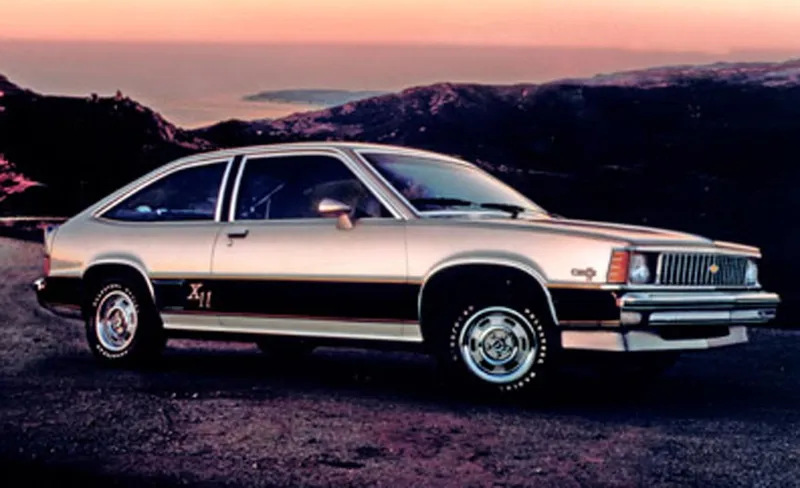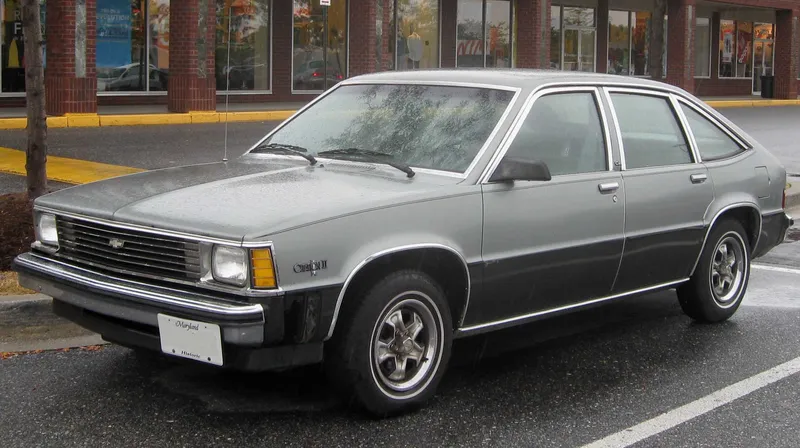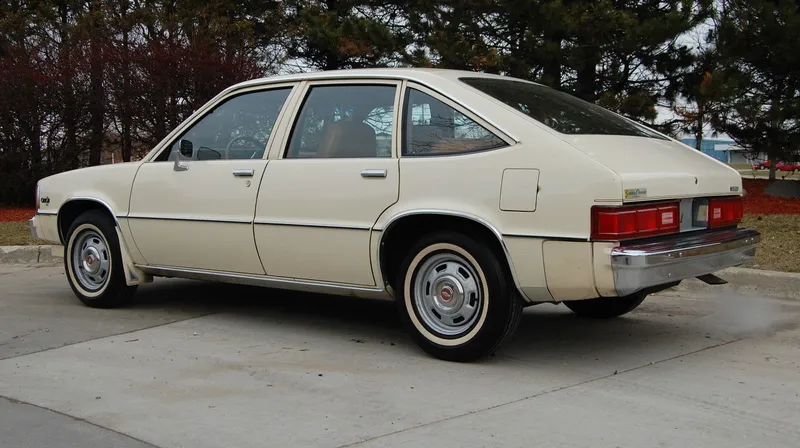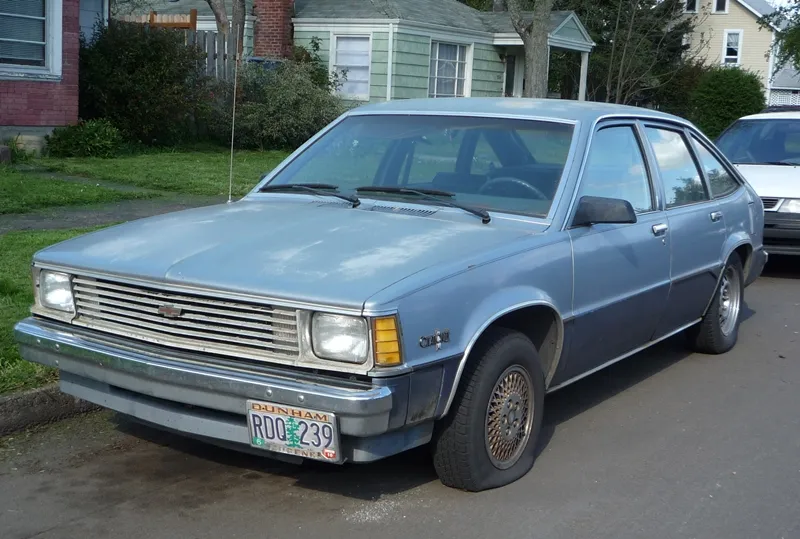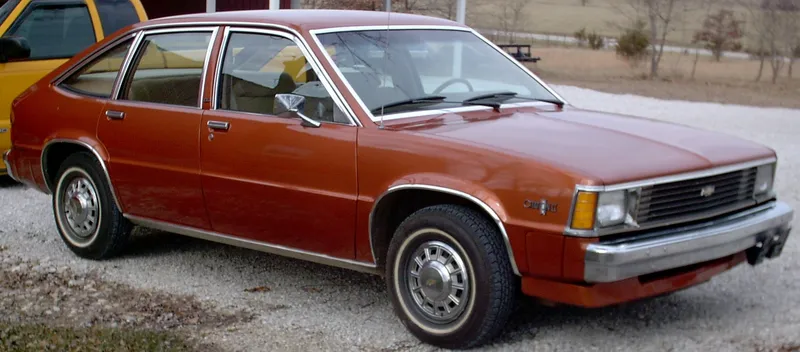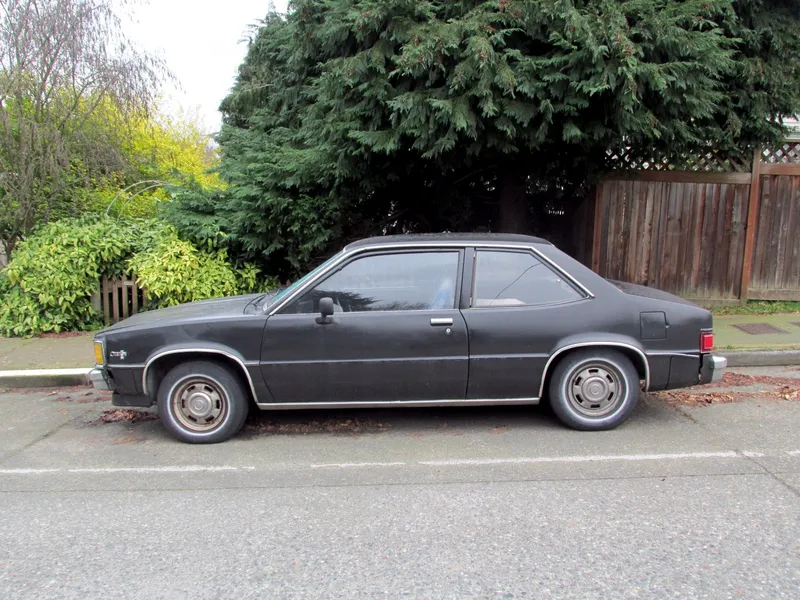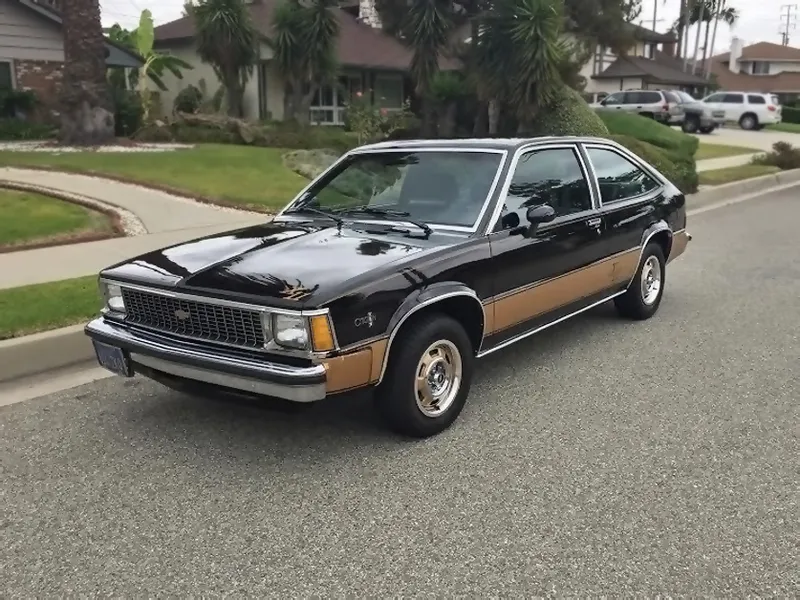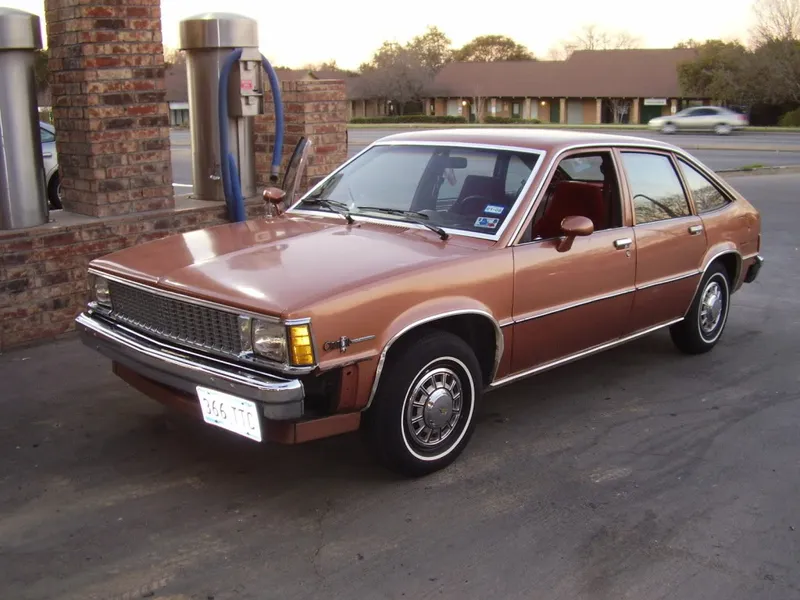The Chevrolet Citation is a compact car that was produced by General Motors from 1980 to 1985. It was designed to replace the Nova and compete with other compact cars of its time, such as the Ford Escort and the Honda Civic. However, the Citation was ultimately unsuccessful, and it is now considered one of the biggest failures in GM’s history.
The Citation was introduced in 1980 as a front-wheel-drive car with a hatchback design. It was powered by a range of engines, including a 2.5-liter four-cylinder engine and a 2.8-liter V6 engine, both of which were mated to a three-speed automatic transmission. The Citation was marketed as a fuel-efficient car that was comfortable and easy to drive, but it was plagued with a number of quality and reliability issues.
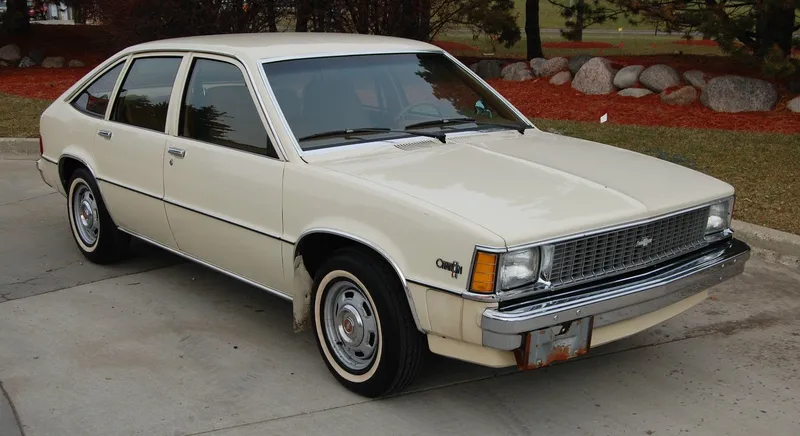
One of the most notable issues with the Citation was its braking system, which was prone to failure and could cause the car to lose control. The Citation also had problems with its engine, transmission, and suspension system, leading to numerous recalls and repairs. The car’s poor reputation for reliability and quality ultimately led to its downfall, and it was discontinued in 1985.
Despite its many flaws, the Citation did have some positive features. It was one of the first American-made cars to feature front-wheel drive, which improved handling and traction in wet and snowy conditions. It also had a spacious and comfortable interior, with plenty of room for passengers and cargo.
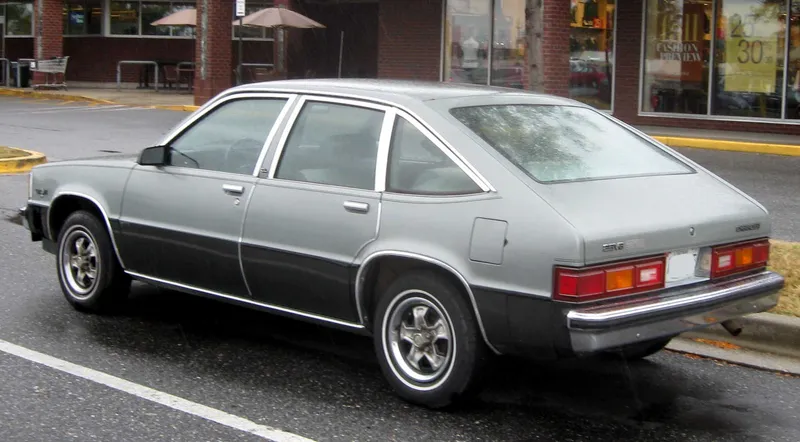
Today, the Chevrolet Citation is remembered as one of the biggest failures in American automotive history. Its poor reputation for reliability and quality overshadowed any positive features it may have had, and it is now largely forgotten by car enthusiasts and collectors. However, the lessons learned from the Citation’s failures helped GM to improve their quality control and design processes, ultimately leading to more successful and popular cars in the future.
